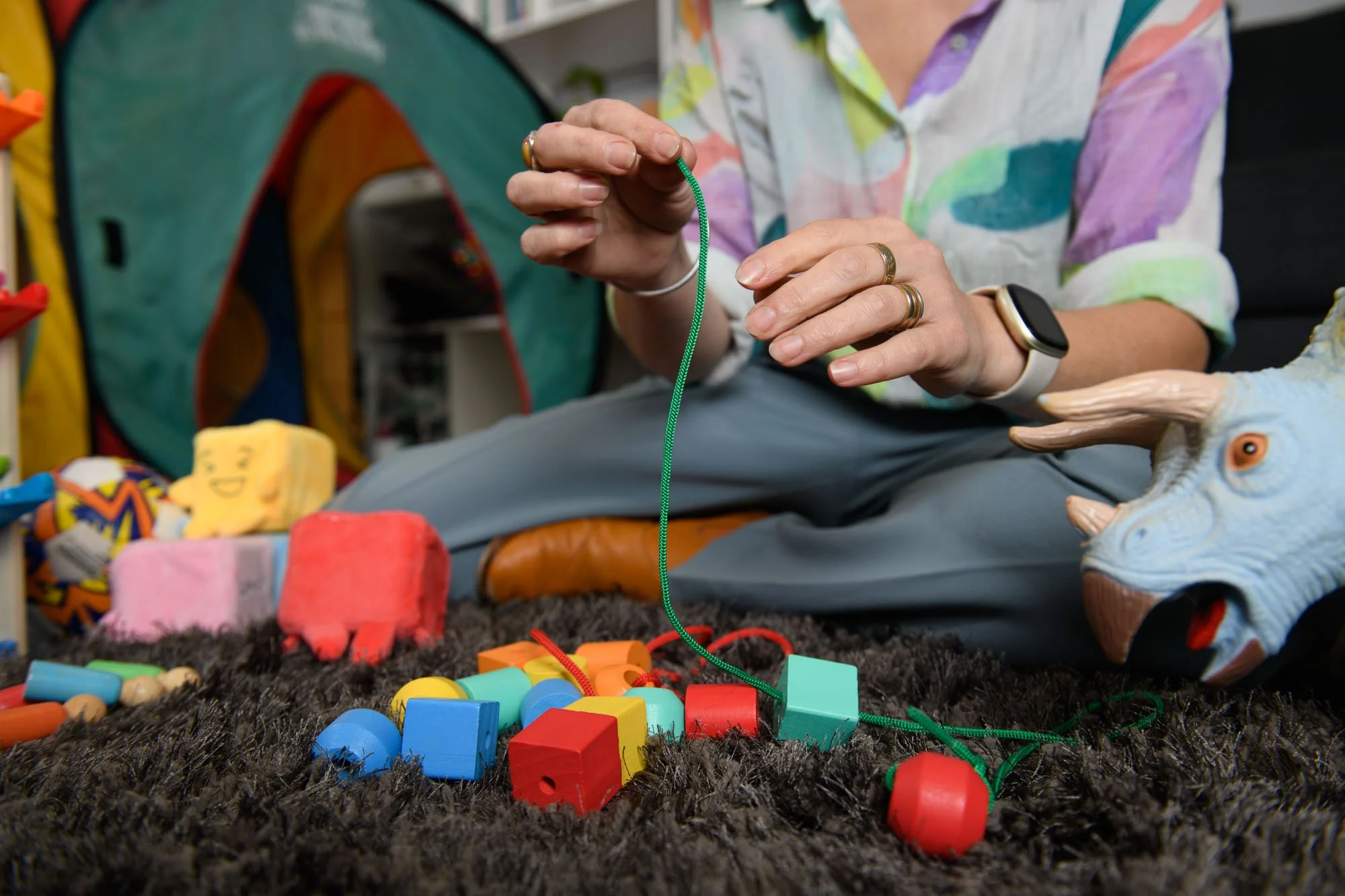By Ange Bertram, Play Therapist
Anxiety can stem from learned experience, past traumatic or challenging events, genes, and personality. It can come and go but, with support, children can learn strategies to cope and reshape how their brain perceives themselves and the world around them – more capable and less threatening.
Parenting an anxious child can be challenging. But, when supported appropriately, this caution and concern comes with compassion and consideration – amazing strengths! If we can assist children to be mindful of their unhelpful thinking and draw on strategies to develop resilience and self-belief, we can support our thoughtful little humans to flourish with emotional awareness.
How can we as parents support an anxious child? Drawing on the principles of development, play and positive psychology, consider the following tips as starting points…
Make sleep and sustenance a priority - Sleep and nutritious food are important factors in supporting general regulation and wellbeing. When our bodies are rested and nourished, we can cope better and have a greater chance of regulating through challenging situations and emotions.
Acknowledge emotions - Be open to talking about your child’s fears and emotions. Let them talk and express themselves without judgement. Respond with sincerity and use a calm voice to label feelings and thoughts. you might say things like: “it sounds like that was really difficult for you” or “it seems like that felt really unfair and has made you feel angry”…
Problem solve - Encourage your child to share their thinking and worries. Model problem solving skills to work through their concerns, noting what is within their control.
Exposure matters - While parents want to protect their children from challenging emotions and situations, the brain needs to learn that it can regulate and persist through perceived threats. Together, identify small safe steps to work toward facing challenges.
Positive experiences - Identify what helps your child feel relaxed and content. This may be going outside, reading, sports, drawing, a bath, music, etc. Make their preferred, playful activities accessible to generate positive emotions and engagement.
Play therapy is another way to support anxious children to build confidence and capacity to persist, by practicing this in the safety of the playroom. For young children, this may purely be through play. For older children, sessions can also include learning about mindfulness and self-awareness. If you would like to book a parenting session, to discuss how to apply these tips or to discuss your child’s unique journey and how play therapy could support them, please contact Healthy Mind Centre.

